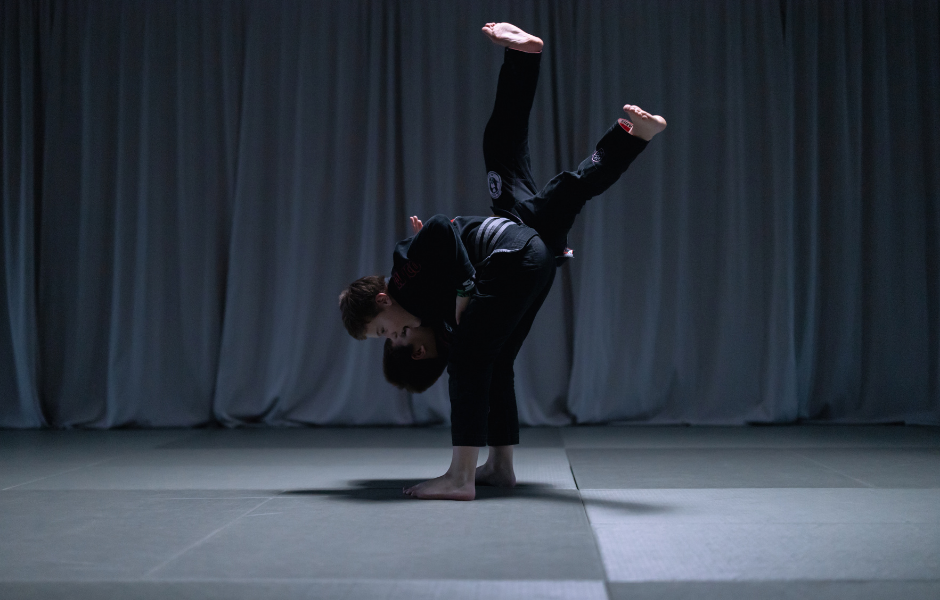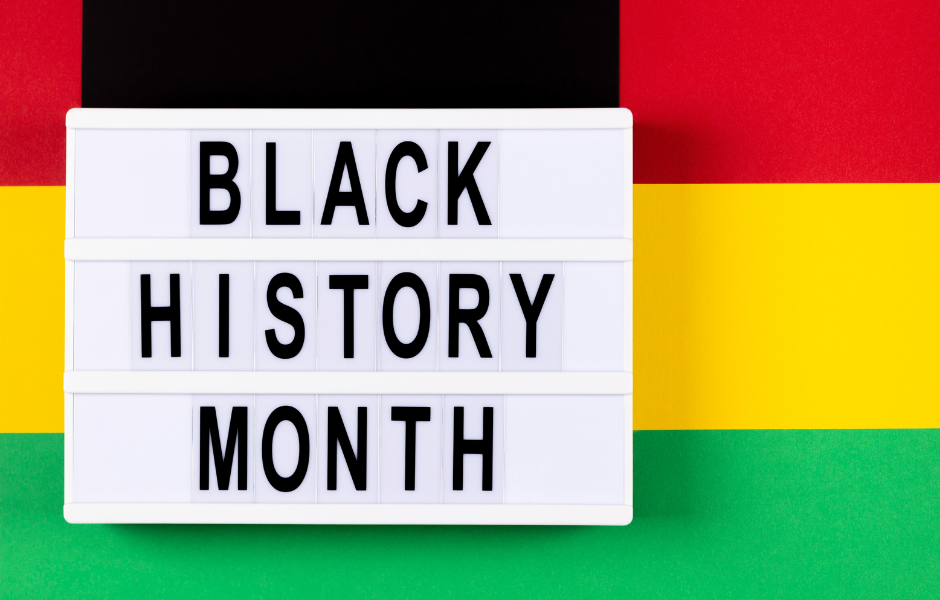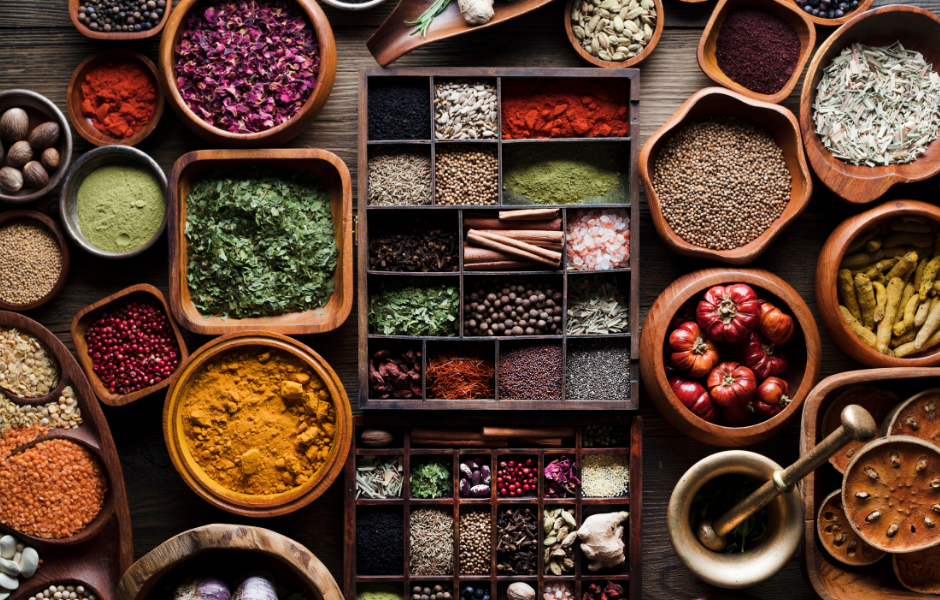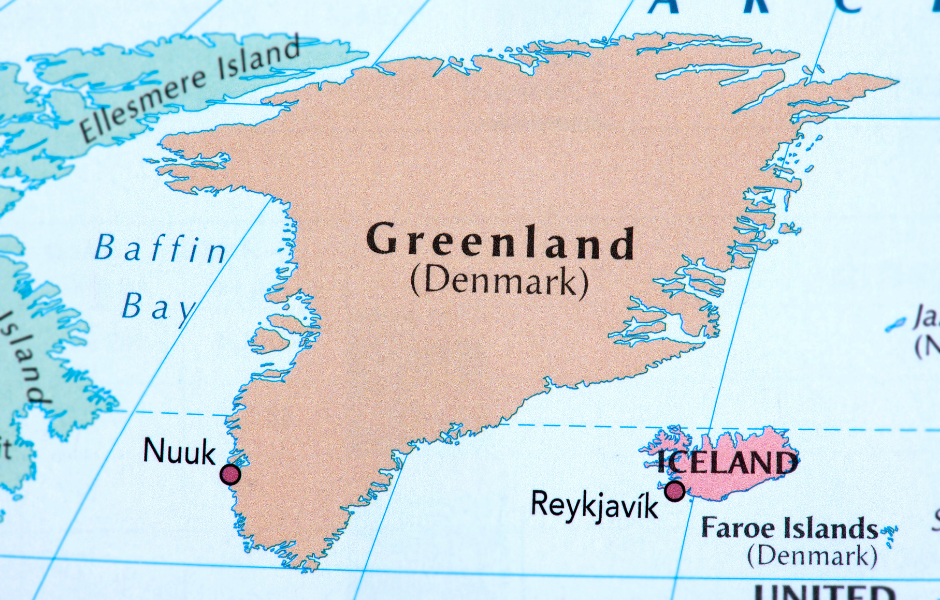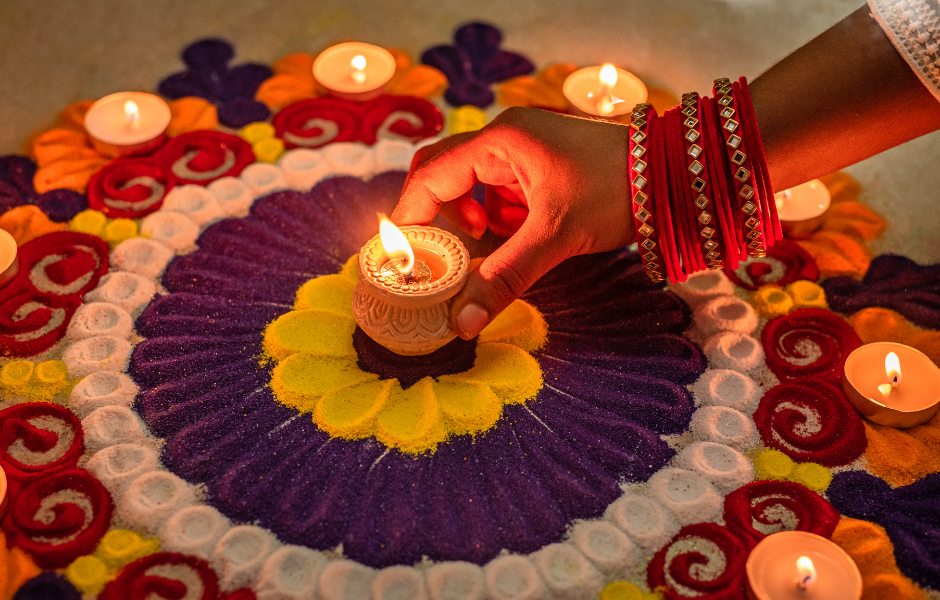
This children’s article, A kids’ guide to Diwali: the festival of lights, has been written for native English speakers and learners of English as a second or foreign language. It can help children practise reading and comprehension, learn useful vocabulary, and discover one of the world’s brightest and most joyful celebrations. Written by Sinead O’Carroll, an experienced teacher and writer.
What is Diwali?
Diwali, also called Deepavali or Deepawali, is known as the “festival of lights.” It is one of the most important celebrations in India and many other parts of the world.
Diwali is celebrated by Hindus, Sikhs, and Jains, and each community has its own traditions. At its heart, Diwali symbolises the triumph of light over darkness and good over evil.
When is Diwali celebrated?
Unlike fixed holidays such as Christmas, Diwali does not fall on the same date every year. This is because it follows the Hindu lunisolar calendar, which is based on the cycles of the Moon.
Usually, it takes place between October and November. Diwali lasts for five days, with the main festival night happening on the third day.
How do people celebrate?
During Diwali, families clean and decorate their homes, often with colourful rangoli patterns made from coloured powders or flowers. People light small oil lamps, called diyas, and place them in windows and doorways to welcome light and hope into their homes.
The nights sparkle with fireworks and the streets glow with lanterns. Children look forward to new clothes, delicious sweets like laddus and jalebis, and sharing gifts with family and friends.
In some traditions, Diwali also marks the start of a new year, making it a time for fresh beginnings.
Different traditions
Diwali is celebrated in many countries around the world. The ways people celebrate can be a little different depending on their community or region. Some families focus on welcoming wealth and good fortune, while others remember important stories from their history.
However it is celebrated, Diwali always brings glowing lights, happy gatherings, and a feeling of fresh beginnings.
For more about Diwali and how it’s celebrated, you can explore this Britannica article.
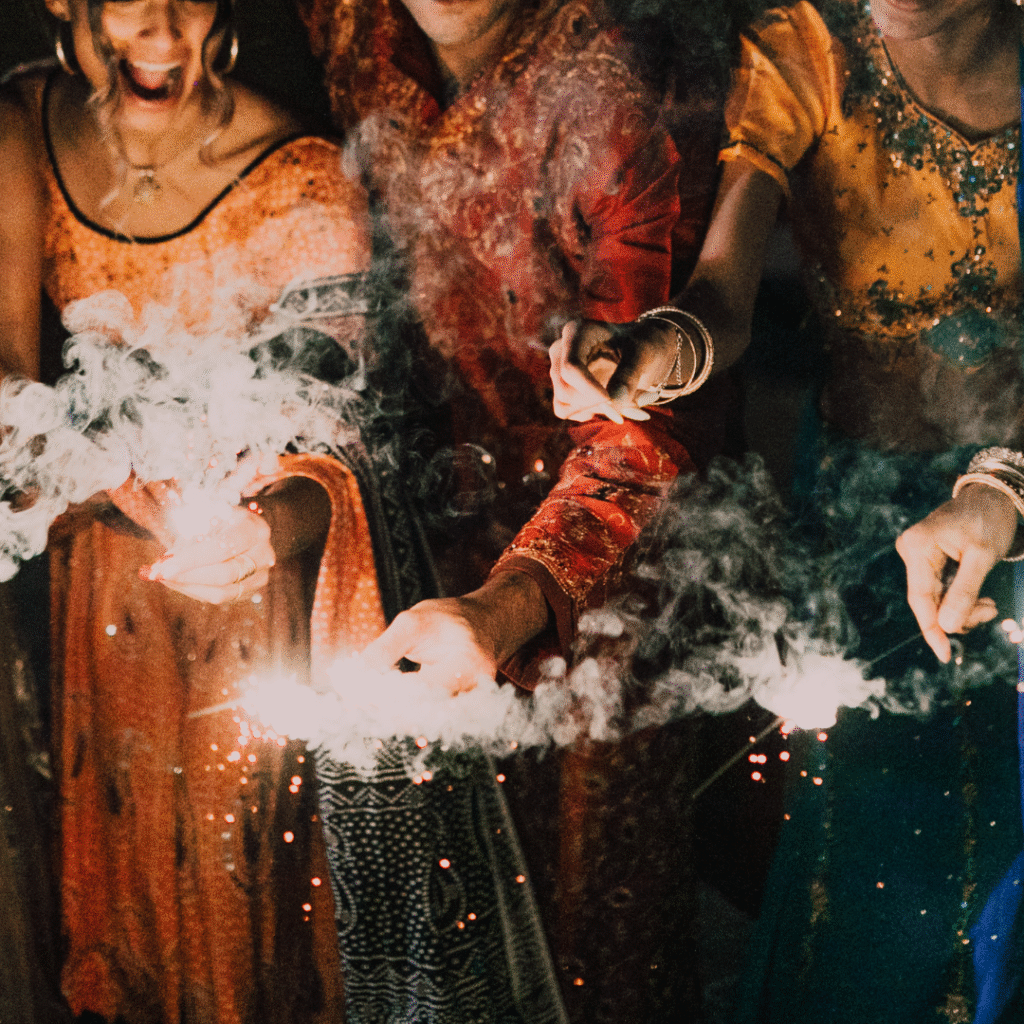
Article vocabulary list
- Festival – a special time of celebration
- Triumph – a great victory or success
- Lunisolar – based on both the Moon and the Sun
- Diyas – small oil lamps made of clay, used during Diwali
- Lanterns – lights covered by glass or paper that can be hung up
- Tradition – a custom or belief passed down through generations
- Spiritual – related to deep beliefs, often about religion or inner life
- Awakening – the moment of realising something important
Comprehension questions
Just click the plus (+) to see the answer
1. What does Diwali symbolise?
a) The end of summer
b) The triumph of good over evil and light over darkness
c) The start of the harvest
Answer: b) The triumph of good over evil and light over darkness
2. How many days does Diwali last?
a) Three
b) Five
c) Ten
Answer: b) Five
3. What are the small oil lamps called that people light during Diwali?
Answer: Diyas
4. True or false: Diwali always falls on the same date every year.
Answer: False – it follows the Hindu lunisolar calendar.
5. Which sweet foods are often eaten during Diwali?
Answer: Laddus and jalebis
Sinead is a writer and EFL teacher with eight years’ experience. She’s a native English speaker who loves making news stories fun and easy to understand for children around the world. Her passions include travel, animals, and helping to make the world a kinder, more sustainable place.

